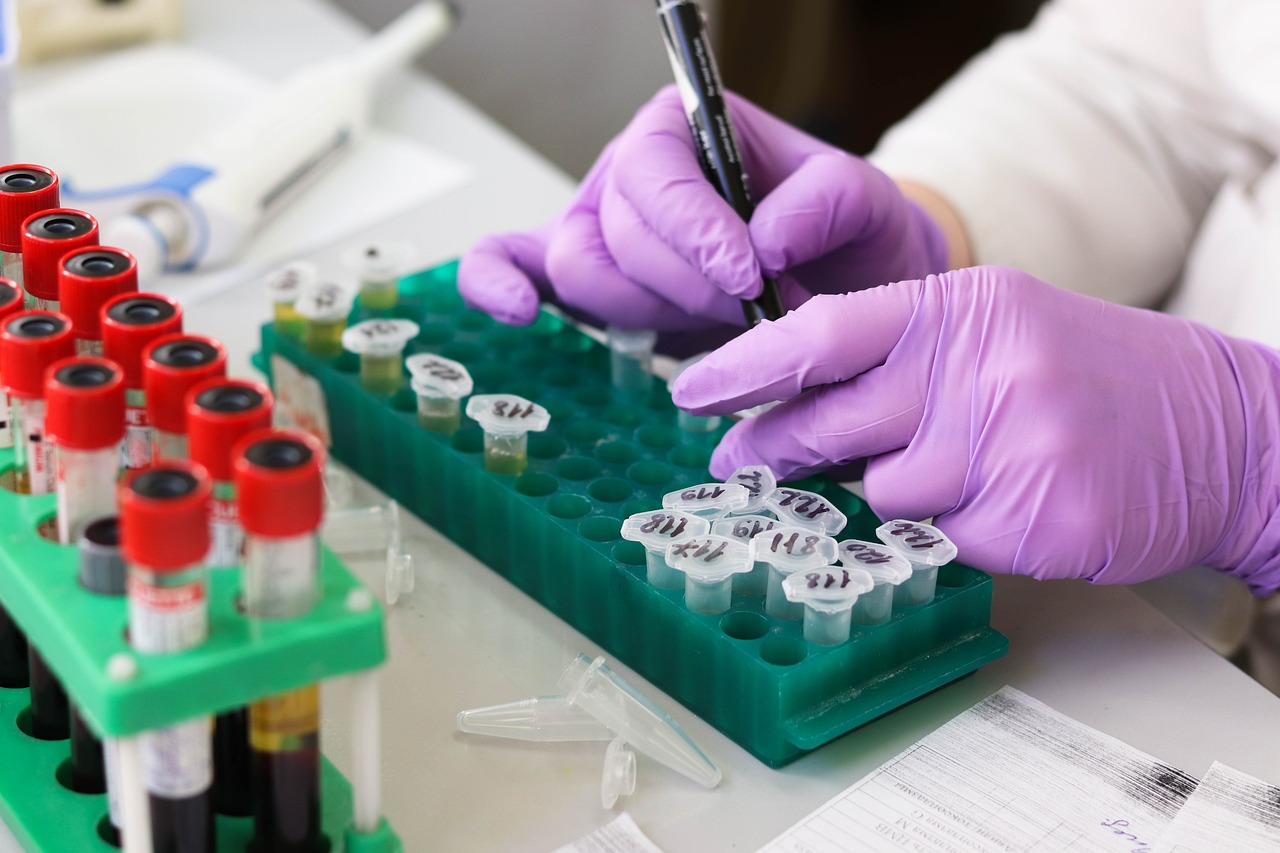Is the future of chlamydia testing shifting to more advanced methods of testing?
At-home chlamydia test has revolutionized the way we approach sexually transmitted infection (STI) testing, offering convenience and privacy. However, as technology advances, the future of chlamydia testing might hold a different landscape, potentially rendering at-home kits obsolete. Let’s dive in further to provide further clarity.
The Rise of At-Home Testing
The advent of at-home chlamydia test has empowered individuals to take control of their sexual health. These kits, typically involving a swab sample, allow for discreet testing without the need for a doctor’s visit. This accessibility has been crucial in increasing testing rates, leading to earlier diagnosis and treatment.
Emerging Technologies
However, several exciting technologies are emerging that could revolutionize chlamydia testing, potentially overshadowing the convenience of at-home kits. These include:
• Point-of-care (POC) diagnostics: These devices, similar to a pregnancy test, provide rapid results in a doctor’s office or other healthcare setting. They offer immediate feedback and can significantly streamline testing processes.
• Molecular diagnostics: This technology analyzes DNA or RNA to detect the presence of chlamydia with high accuracy. These tests are often faster and more sensitive than traditional methods, making them ideal for rapid diagnosis.
• Artificial intelligence (AI) and machine learning: These technologies are being explored to automate the analysis and interpretation of test results, potentially leading to even quicker diagnosis.






